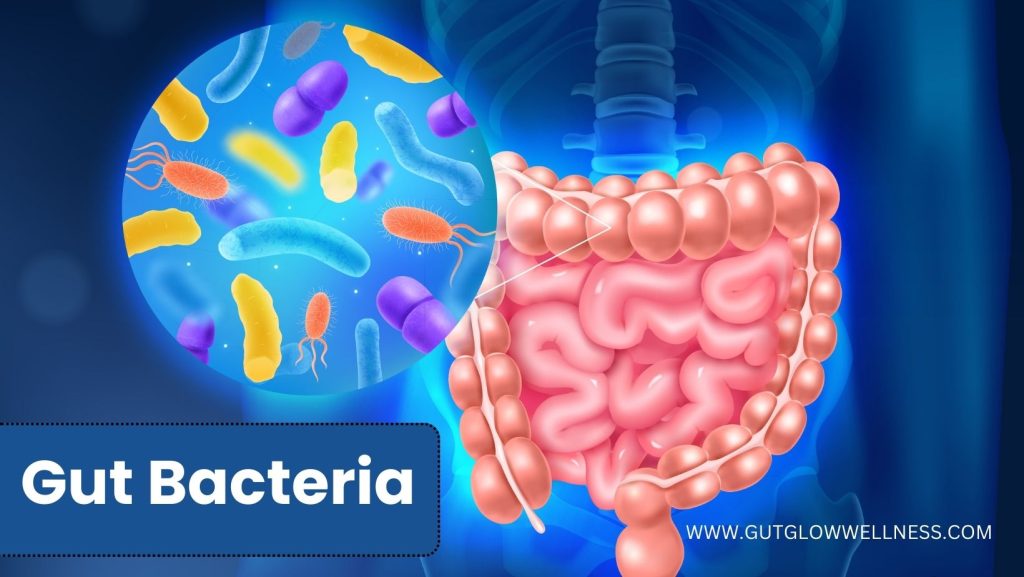
Apple cider vinegar (ACV) has taken the wellness world by storm, touted as a cure-all for everything from weight loss to glowing skin. But when it comes to gut health, the question remains: is ACV good for gut health? Can this pantry staple truly heal your digestive woes? Let’s separate fact from fiction and dive deep into the science behind ACV’s potential gut benefits.
Myth: ACV is a magical “gut healer.”
Fact: While ACV possesses some intriguing properties, it’s no magic bullet for gut health. Its main component, acetic acid, may contribute to a healthy gut environment by:

- Promoting healthy gut bacteria: Some studies suggest ACV can increase beneficial gut bacteria, potentially aiding digestion and immune function.
- Improving blood sugar control: ACV may help regulate blood sugar levels, indirectly impacting gut health. Uncontrolled blood sugar can disrupt gut bacteria balance.
- Aiding digestion: The acidity of ACV might stimulate digestive enzyme production, potentially easing occasional indigestion.

However, important caveats exist:
- Limited research: Most studies on ACV’s gut benefits are small-scale and require further investigation.
- Dosage matters: Consuming excessive ACV can erode tooth enamel and irritate your stomach. Stick to diluted amounts (1-2 tablespoons in water) and listen to your body.
- Not a one-size-fits-all solution: Gut health is complex and influenced by various factors like diet, lifestyle, and individual variations. ACV might benefit some, but not everyone.
Fact: Addressing gut imbalances often requires a multifaceted approach, including:

- A balanced diet: Prioritize fiber-rich whole foods, and fermented products like yogurt, and limit processed foods.
- Hydration: Water keeps your digestive system functioning smoothly.
- Stress management: Chronic stress disrupts gut bacteria balance—practice relaxation techniques like yoga or meditation.
- Consider prebiotics and probiotics: These supplements can directly support gut bacteria health, potentially offering more targeted benefits.

The Verdict:
ACV might offer some gut-friendly properties, but it’s not a silver bullet. Consider it a potential complementary tool alongside a well-rounded approach to gut health. Consult a healthcare professional before incorporating ACV into your routine, especially if you have pre-existing digestive conditions.

Remember: Research on ACV and gut health is ongoing. Stay informed and consult your doctor for personalized advice regarding your specific needs and health conditions.
Frequently Asked Questions:
What things are good for gut health?

Foods that are beneficial for gut health include:
1. Fiber-rich foods like whole grains, fruits, and vegetables.
2. Fermented foods like yogurt, sauerkraut, and kimchi.
Probiotic supplements.
3. Healthy fats like those found in avocados and nuts.
Bone broth.
Ginger and peppermint.
4. Prebiotic foods like garlic, onions, and bananas.
How to better my gut health?

To improve gut health, there are a few things you can do:
1. Eat a balanced diet rich in fiber, whole grains, fruits, and vegetables.
2. Stay hydrated by drinking enough water throughout the day.
3. Include probiotic-rich foods like yogurt, sauerkraut, and kefir in your diet.
4. Minimize stress levels through relaxation techniques like meditation or deep breathing exercises.
5. Get regular exercise to promote healthy digestion.
What doctor helps with gut health?

A gastroenterologist is a type of doctor who specializes in diagnosing and treating conditions related to the digestive system, including gut health issues.
is gut health a real thing?

Yes, gut health is indeed a real thing. It refers to the balance and optimal functioning of the digestive system, including the gut microbiome, which consists of trillions of bacteria and other microorganisms. Maintaining good gut health is important for overall well-being, as it can impact digestion, nutrient absorption, immune function, and even mental health.
How gut health affects everything?

Gut health plays a crucial role in overall well-being. It affects various aspects of our lives, including digestion, immunity, mental health, and even skin conditions. A healthy gut promotes efficient nutrient absorption, supports a strong immune system, and contributes to balanced mood and cognitive function. Taking care of your gut through a balanced diet, regular exercise, and stress management can have a positive impact on your overall health.
Leave a Reply